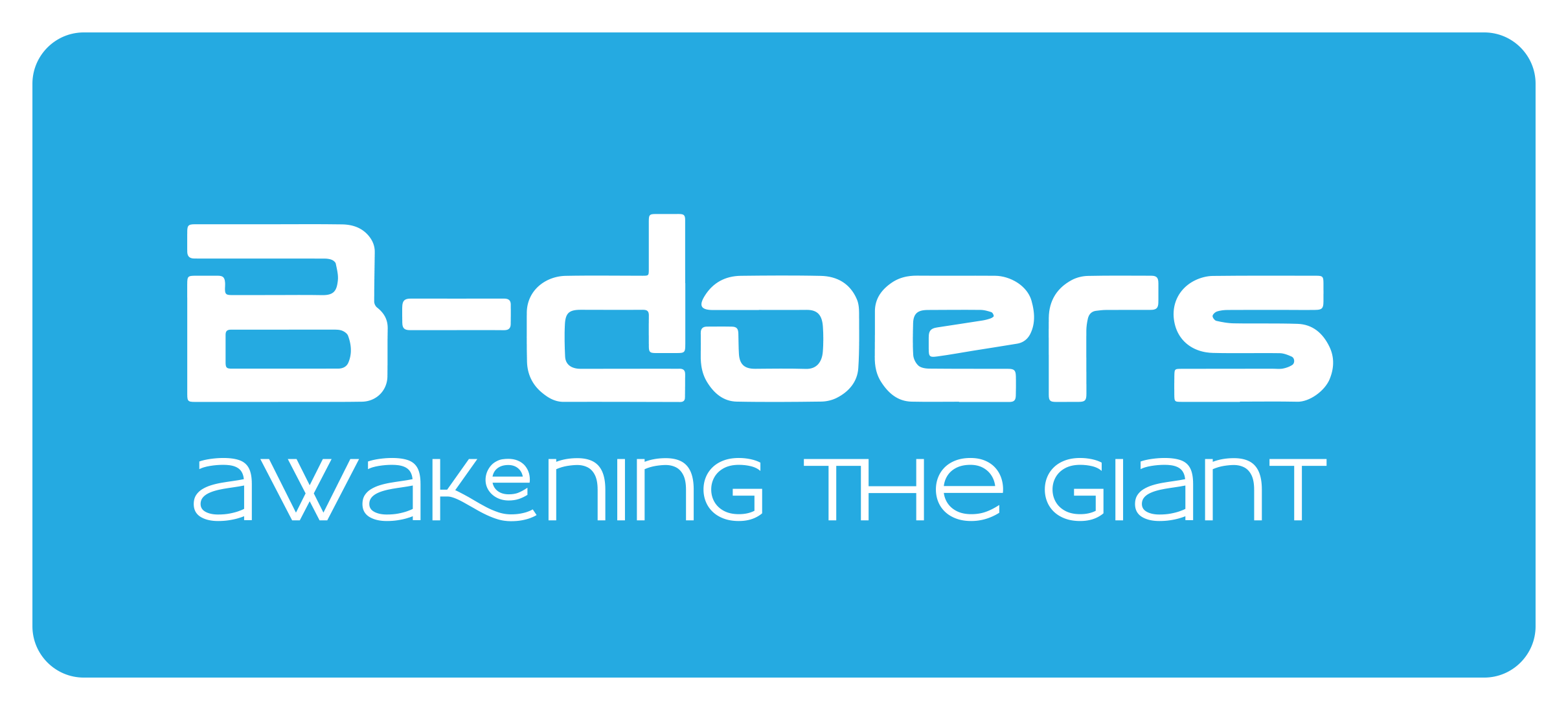Business Plan for Freelance Bookkeeping in Africa
Introduction:
Freelance bookkeeping is a business that provides financial recording and reporting services to businesses of all sizes. The purpose of this business plan is to outline the steps required to start a successful freelance bookkeeping business in Africa. The business will be established to meet the growing demand for bookkeeping services in Africa.

Market Analysis:
The bookkeeping industry in Africa is relatively underdeveloped, with many businesses not having access to professional bookkeeping services. This presents a huge opportunity for a freelance bookkeeping business. The demand for bookkeeping services is expected to grow as more businesses recognize the importance of accurate financial reporting for their businesses. Freelance bookkeeping businesses can take advantage of this demand by offering quality services at affordable prices.
Target Market:
The target market for this business will be small and medium-sized businesses in Africa. These businesses are likely to have limited financial resources and may not be able to afford the services of a full-time bookkeeper. The freelance bookkeeping business will provide affordable bookkeeping services to these businesses, allowing them to focus on other core business activities.
Services:
The freelance bookkeeping business will provide a range of services, including:
- Financial Recording: Recording all financial transactions of the business using modern accounting software.
- Financial Reporting: Preparing financial statements, including balance sheets, income statements, and cash flow statements.
- Tax Preparation: Preparing tax returns for businesses and individuals.
- Consulting: Providing financial consulting services to businesses.
Marketing Plan:
The marketing plan for this business will involve the following activities:
- Social Media Marketing: Using social media platforms such as Twitter, Facebook, and LinkedIn to promote the business and attract clients.
- Referral Marketing: Encouraging existing clients to refer their contacts to the business.
- Networking: Attending business events and conferences to meet potential clients.
- Content Marketing: Creating educational content, such as blog posts and white papers, to attract potential clients.
Revenue Model:
The freelance bookkeeping business will generate revenue through the following channels:
- Hourly Billing: Charging clients an hourly rate for the services provided.
- Fixed Monthly Retainer: Charging clients a fixed monthly fee for ongoing bookkeeping services.
- Project-Based Billing: Charging clients a fixed fee for a specific bookkeeping project.
Innovation:
To differentiate the freelance bookkeeping business from competitors, the business will focus on using modern technology to improve efficiency and accuracy. The business will use cloud-based accounting software to allow clients to access their financial records in real-time. The business will also use automation to reduce manual data entry, improving accuracy and saving time.
conclusion:
Starting a freelance bookkeeping business in Africa presents a great opportunity for entrepreneurs. By providing quality services at affordable prices, the business can attract small and medium-sized businesses in need of bookkeeping services. By focusing on modern technology, the business can improve efficiency and accuracy, distinguishing itself from competitors.







